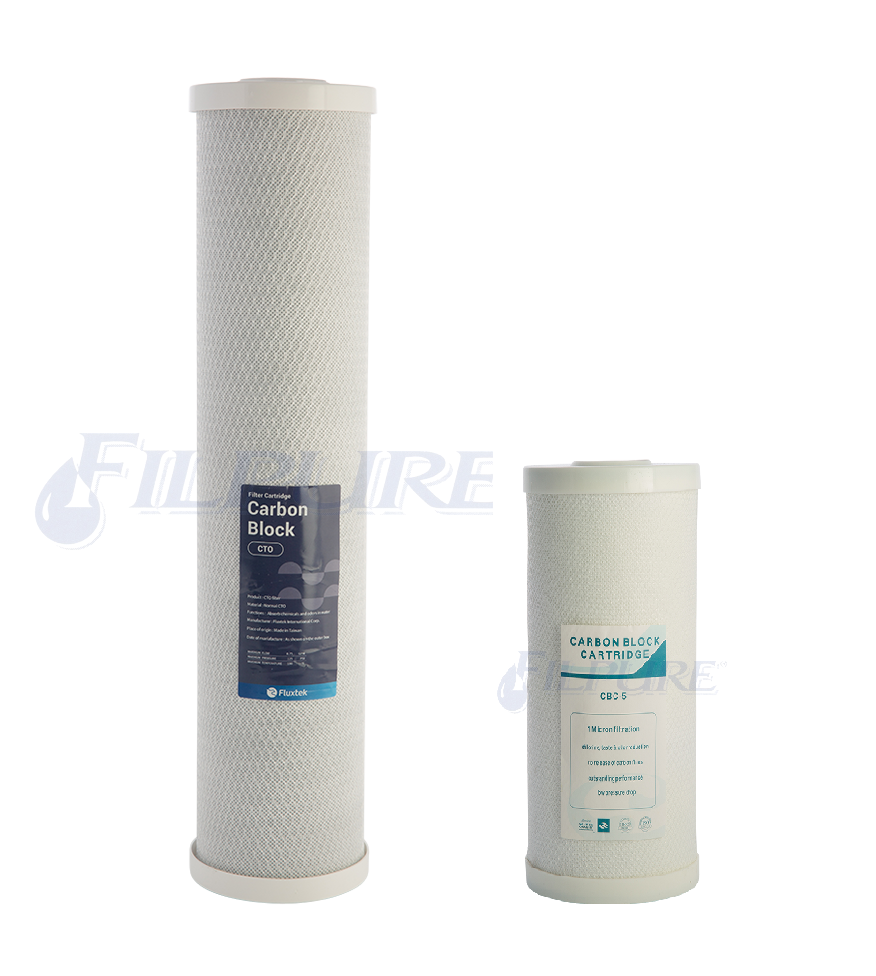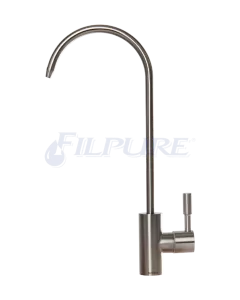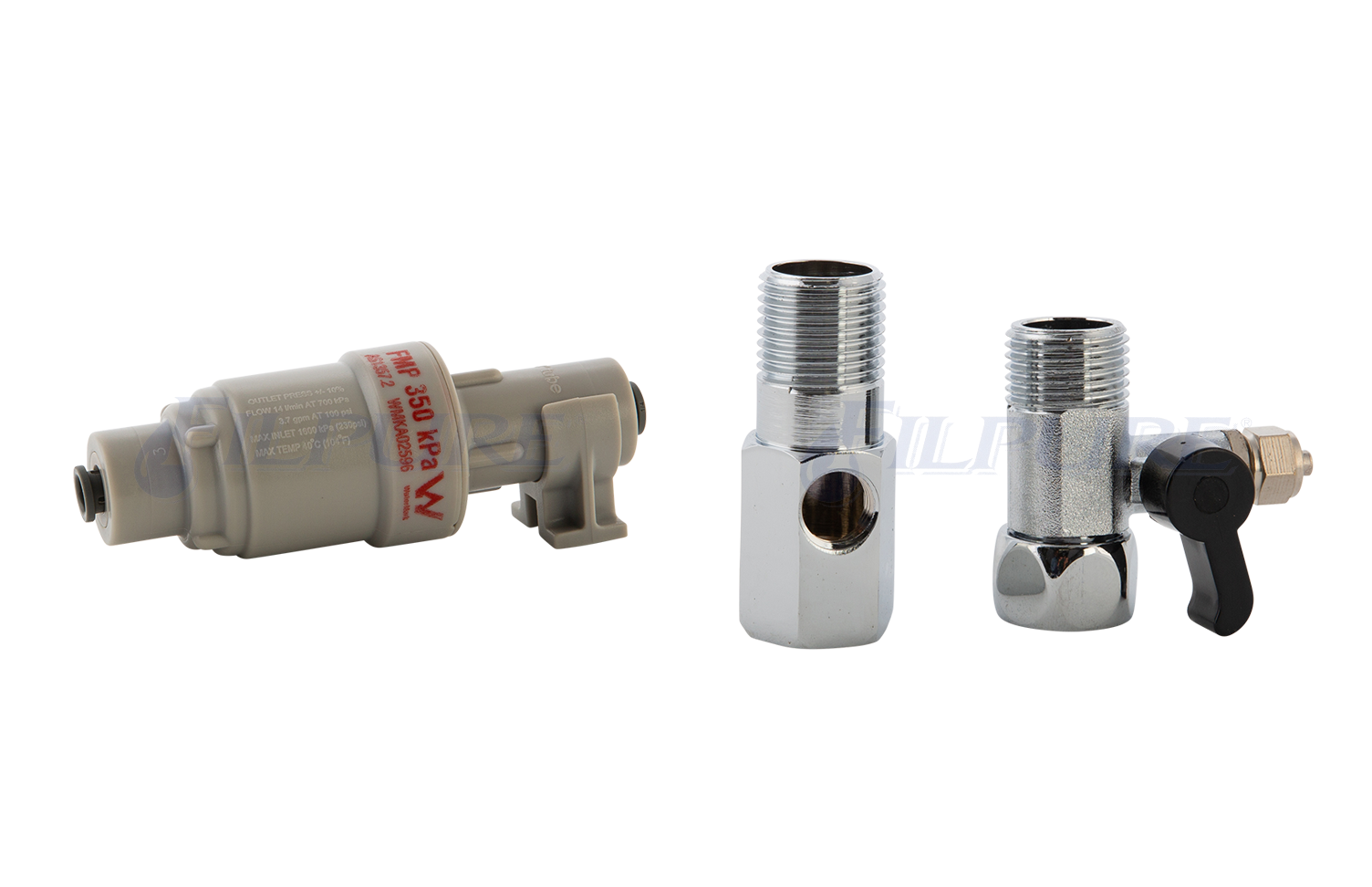Does Reverse Osmosis Waste Water?
If you’ve ever considered installing a reverse osmosis (RO) water filter, you may have heard that it wastes water. But is this true? And if so, how much water does it actually waste?
The short answer is yes, reverse osmosis systems do produce wastewater, but this is a necessary part of the purification process. The system removes impurities by flushing them out with water, ensuring that only clean, purified water reaches your tap. However, newer RO models like the Filpure ones are designed to be more efficient, and there are ways to minimize waste.
Let’s explore how reverse osmosis works, why wastewater is part of the process, and whether this should be a concern for your home.
How Reverse Osmosis Works?
We have already explained the detailed process of RO in other guides. However, to explain it briefly, reverse osmosis is one of the most effective methods for purifying drinking water. It operates by pushing water through a semi-permeable membrane, which filters out contaminants such as heavy metals, fluoride, chlorine, bacteria, and other harmful substances.

However, not all the water passes through the membrane. The trapped impurities must be rinsed away to keep the system functioning properly, and this is what creates wastewater. Think of it as a self-cleaning mechanism as without this process, the membrane would clog and stop filtering effectively.
Why Does Reverse Osmosis Waste Water?
Water is used in RO systems to flush out the concentrated contaminants and keep the membrane clean. This prevents blockages and ensures long-term performance. The water that carries away the impurities, often referred to as reject or brine water, is what some people consider “waste.” But this process is essential because it keeps the system working efficiently and extends its lifespan.
How Much Water Is Wasted?
Reverse osmosis systems typically operate with a wastewater-to-purified-water ratio of 3:1 to 4:1. This means that for every gallon of purified water produced, three to four gallons of water are used to flush out impurities. This is necessary because RO systems rely on membrane technology, which requires water to carry away contaminants and prevent clogging.
Older models tend to be less efficient, sometimes using four to five gallons of water per gallon of purified water. However, modern high-efficiency systems have significantly improved this ratio, with some advanced units reducing waste to 1:1 or even lower. Tankless RO systems are among the most efficient, cutting down on wastewater while maintaining high filtration performance.
For an average household, the total water wasted by an RO system is relatively small, typically two to four gallons per day, about the same as running a kitchen faucet for a few minutes.

Is Reverse Osmosis Water Waste a Concern?
For many people, the amount of water wasted is not a significant issue, especially when compared to daily water consumption. However, in areas with water shortages or high water costs, it can be a concern. If you’re environmentally conscious or looking to reduce your water footprint, there are ways to make the system more efficient.
How to Reduce Reverse Osmosis Wastewater
One of the best ways to reduce water waste is to upgrade to a high-efficiency RO system. Newer models of Filpure come with better waste-to-purified-water ratios, making them a more sustainable option.
Another effective strategy is to repurpose the wastewater. While it isn’t suitable for drinking, it can be used for tasks like watering plants, flushing toilets, or cleaning floors. Just ensure it’s safe for the intended purpose, as it may still contain some contaminants.
Regular maintenance also plays a key role in minimizing waste. Changing filters on time and keeping the membrane clean helps improve efficiency and prevents excessive water loss. Additionally, installing a permeate pump can significantly cut down waste while improving water flow, making your system more effective overall.
Conclusion
Yes, reverse osmosis does waste some water, but modern systems have become much more efficient. If water waste is a concern for you, consider a low-waste RO system, find ways to reuse, reject water, and stay on top of regular maintenance.
RO remains one of the most effective water purification methods available, and with the right approach, you can enjoy its benefits while keeping waste to a minimum. Would you still consider installing an RO system, or are you exploring other filtration options?















